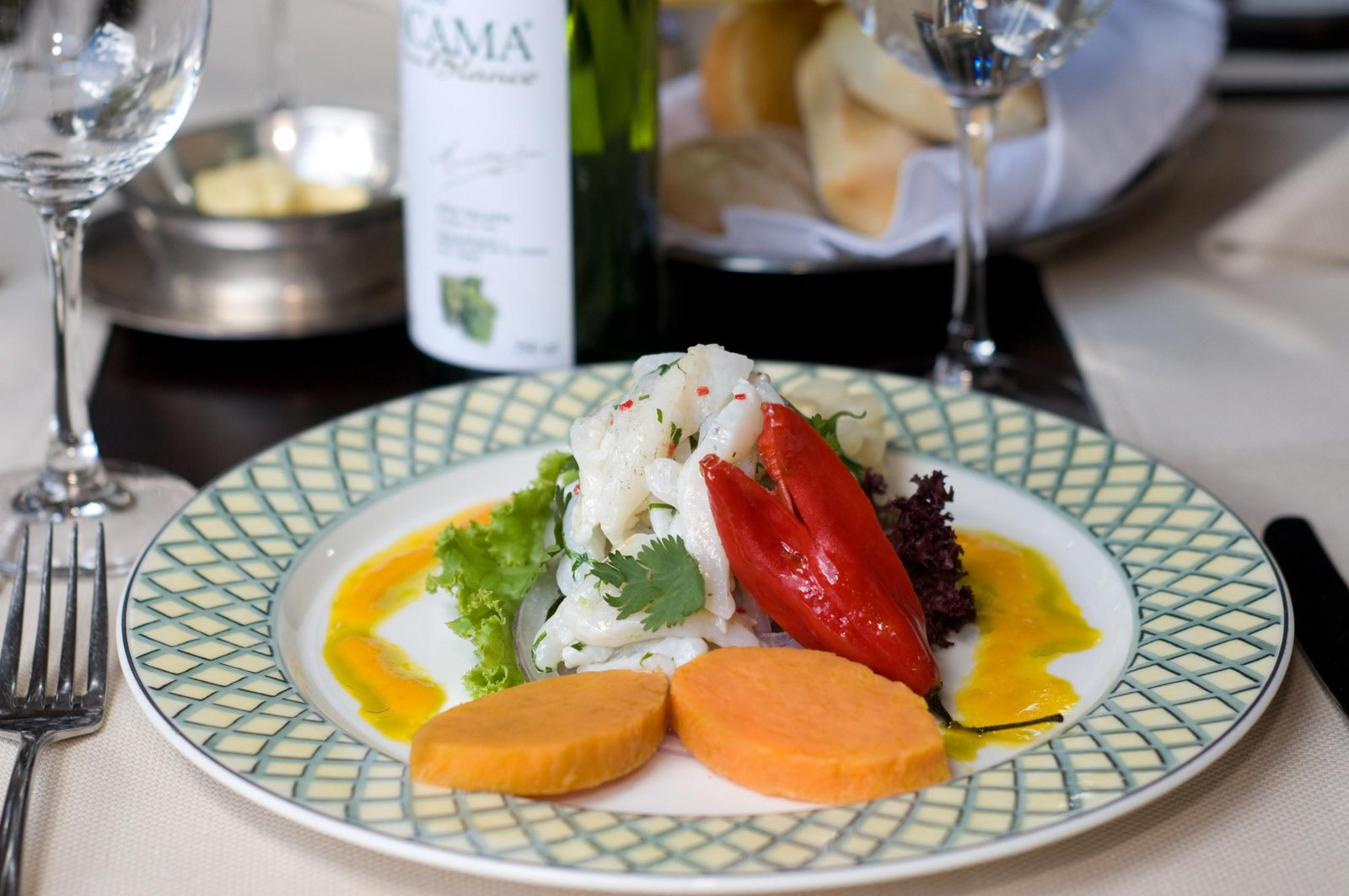Food can be considered an ambassador in itself. In addition, food has played a part in maintaining peaceful relations between the states. The Romans used this strategy and shared their food with their adversaries with the aim of peacebuilding. This sharing of meals and eating together which is known as commensality drive people to become more open toward each other and an environment of mutual understanding is developed. This initiates a diplomatic bond, which leads countries to resolve their differences.
The idea of “Culinary Diplomacy” means that food and cuisines are utilized to build cross-cultural understanding in order to drive the countries towards cooperation, settlement, and improving interactions. Culinary diplomacy promotes cultural understanding among states as food allows access to cultures of different countries. Under this context, food not only enjoys the status of a meal but also paves the way between countries and individuals. It is also said that this culinary diplomacy can efficiently resolve conflicts way better than normal or traditional diplomacy.
Becoming a culinary diplomat is considered very simple. This can be done by having meals with different people. This can initiate a global society which will lead to peace between cultures of different countries. Through food, new friendships can be initiated by means of commonality.
Many governments sponsor such culinary diplomacy programs in various countries like Taiwan, Thailand, South Korea, Malaysia, Peru, and the United States.
Thailand’s government has initiated the “Global Thai Program” which not only aims to introduce spicy foods to thousands of people across the world, open restaurants, and increase tourism in Thailand but also they aim to increase cordial relations with other countries. Improving relations will lead to conflict resolution between the states and thus improve foreign policy goals.

The United States have also progressed in the sector of culinary diplomacy as well. Through programs such as the Diplomatic Culinary Partnership and educational culinary diplomacy exchanges the Department of State has asked food experts to make meals for visiting diplomats, has sent American chefs abroad to introduce American culture, or asked foreign chefs to visit the U.S. to share their culture with Americans.
Conflict Kitchen also serves as a source of culinary diplomacy in the United States. This café serves foods and cuisines of the countries which are considered adversaries of the United States. This aimed at making its customers understand that even the enemies eat the same food as Americans do. This step aimed to reduce tensions between the states and intended at conflict resolution eventually leading to cooperation and settlement between the American countries and other states.

We can witness many examples of culinary diplomacy being practiced in the international arena. One of them is the “Hot Dog Diplomacy”. Franklin D. Roosevelt invited the king and queen of England. This was called as the “Hot Dog Summit”. This summit is of great importance in the American-Anglo relationship and led to their cooperation. At the picnic, the king and queen were served hot dogs. These hot dogs became a source of protection of the western world from the Nazis.
As we have seen that food can serve as a means to send gestures of love to other countries with the intention of improving relations. But this act can also lead to unintended results and bitter relations between the states.
Relations between Serbia and Croatia deteriorated because of chocolate. In the year of 2016, Croatian President Kolinda Grabar visited Dubrovnik on an occasion. Besides the meetings and celebrations, the President also visited the local children and gave them some presents. When these presents were opened, some of the parents showed displeasure as the presents included some Serbian chocolates. This was not cherished by anyone. Consequently, the president apologized for the Serbian chocolates but this was not liked by the Serbs, both internationally and locally. Therefore, this apology created grievances between the two countries. The presents were unable to produce the intended results and instead led to a bitter relationship between Serbia and Croatia.
So, diplomacy between the states is essential in this international world. Without diplomacy, it is possible that states become isolated. However, many states practice traditional diplomacy, which at times does not prove to be successful. Therefore, non-traditional forms of diplomacy should be considered which assist the state while using soft power to maintain relations with other states while settling disputes and agreements and avoiding conflict. Culinary diplomacy is one such form. This diplomacy revolves around food and culture, which mostly leads to cooperation and settlement. Food nurtures bilateral ties and as food is a vital necessity, culinary diplomacy will not diminish and continue to cater to states as is evident today in International Relations. Historically, this diplomacy has proven successful in many instances.

Research Associate



